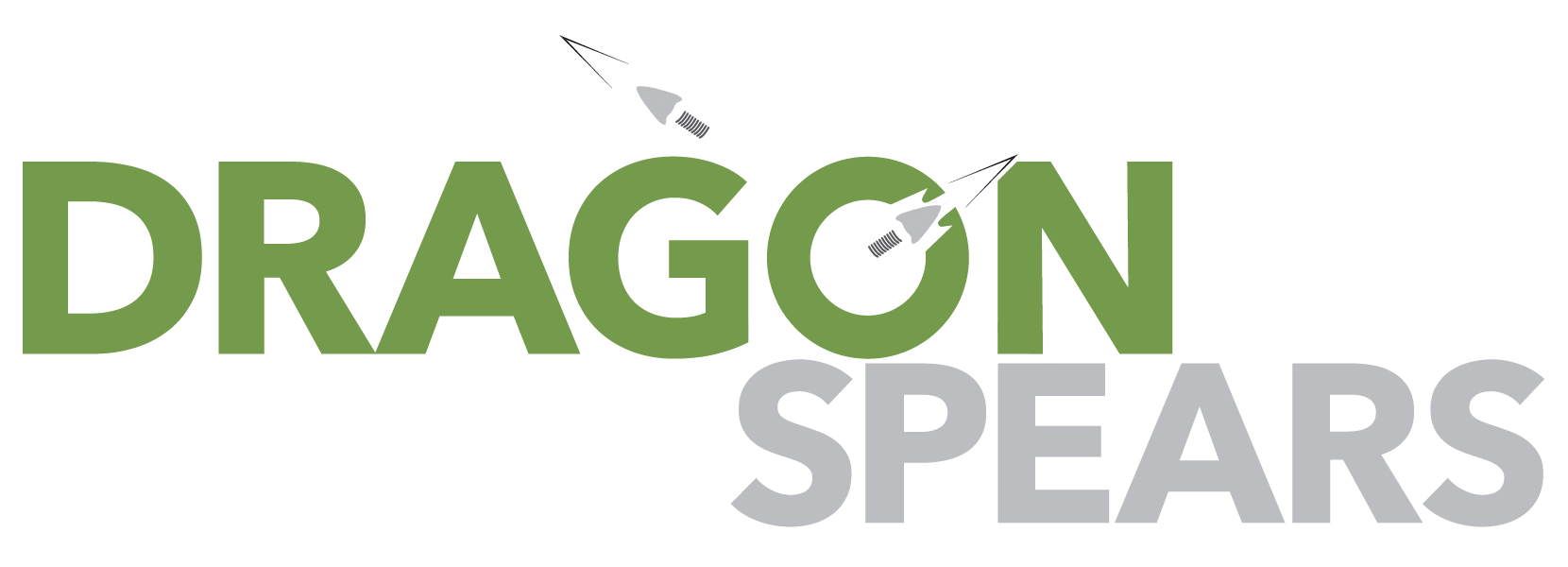
According to Roman Pichler, the ultimate responsibility of a Product Owner is to ensure that the product creates value for its customers and the company. Creating an effective product requires a deep understanding of what customers and users need, insight into existing functionality, and a vision of opportunities for improvement. Then the Product Owner must turn those needs into features, break them down into incremental User Stories, and convey the requirements back to the development teams.
A Product Owner must possess a very specific set of soft skills to wade through all of the stakeholders’ (customers, users, and the dev team) emotions, egos, and ideas to get to the heart of what will create an exceptional product. Here are six critical soft skills of a successful Product Owner.
1. Active Listening
Listening to your customers and users is critical to understanding their pain points and desire for an improved product and user experience. Active listening helps Product Owners gather details by asking the right questions at the right time and seeking clarification when needed.
2. Communication
The most successful Product Owners almost always excel at communicating verbally and in writing with their fellow Scrum team members, customers, and end-users. The documentation of User Stories must convey the right amount of information to enable the development team to build the functionality that will add value for the customer.
3. Critical Thinking Skills
The ability to think through problems logically and objectively is a definite must for a Product Owner. Critical thinkers are better able to fairly and effectively resolve issues that may arise during a Sprint. Collaboration, thinking through problems, and decisive decision-making keeps the project on track.
4. Teamwork
Teamwork separates those who can accomplish small achievements from those who can achieve monumental ones. A Product Owner must be able to compromise, listen to their team, and encourage cooperation. They’re reliable and willing to rely on others’ experiences and recommendations. Excellent teamwork skills result in less strife during the Sprint, features getting done more efficiently, and ultimately, a happier customer.
5. Leadership
Good leaders know how to make tough decisions and excel at managing situations and people. They can plan out how to reach a goal and then effectively motivate their team to work together to achieve that goal. Strong leadership skills can help bolster the productivity and quality of the development team.
6. Positive Attitude
One of the best things a Product Owner can bring to the table is a positive attitude. A negative attitude can affect the entire Scrum team like a plague. Making sure that the teams see a positive “can do” attitude goes a long way in helping to motivate the team.
These six soft skills are critical to successfully helping a Product Owner drive a product through the development process, from working with the customers and end-users to the Scrum team. They cannot be standalone skills but should overlap and be intertwined to be effective. Need help in your Agile journey? Contact us.

